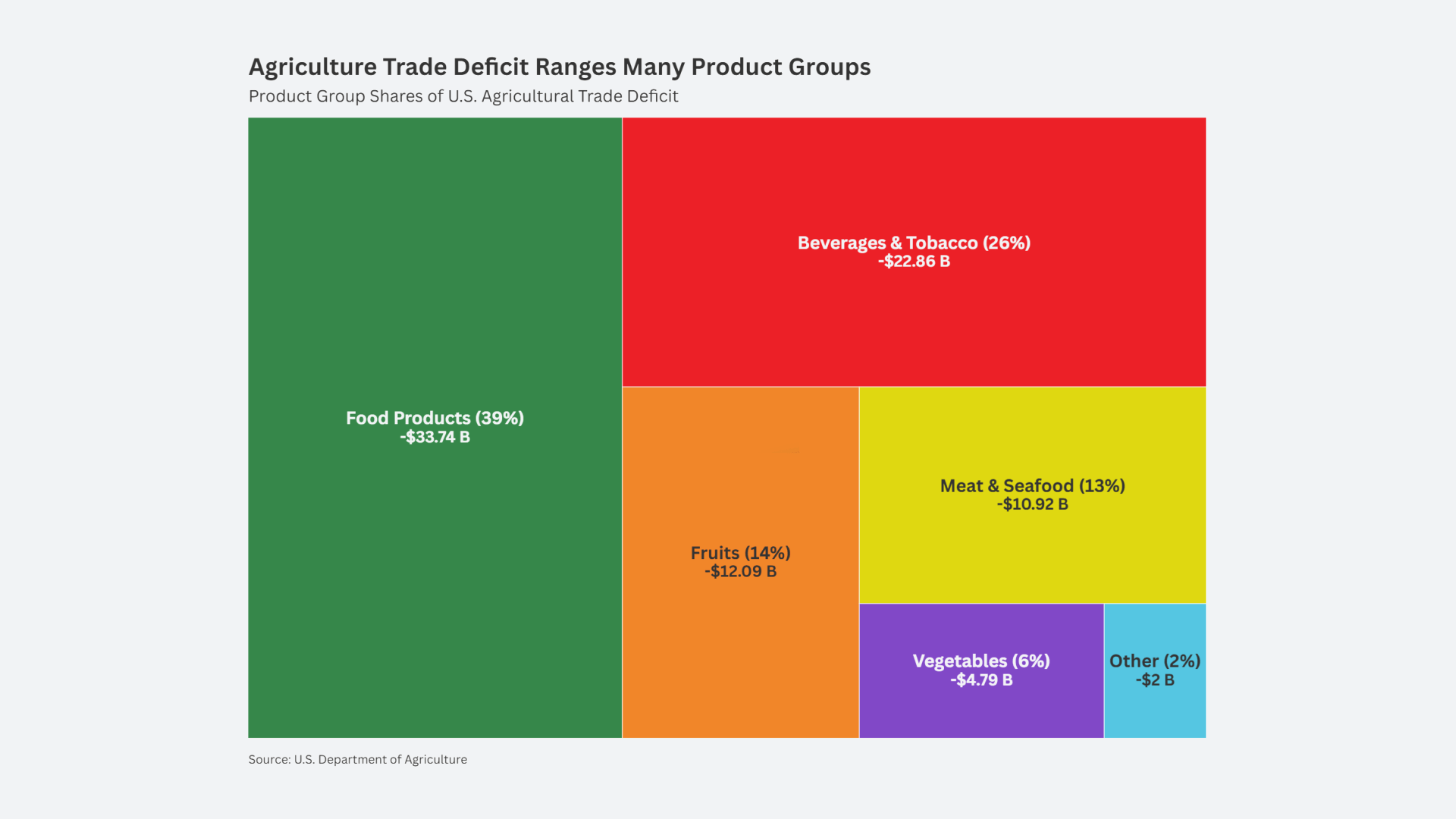U.S. cattle groups are asking a U.S. district court to vacate the Agriculture Department’s beef-labeling regulations because they do not mandate that all imported beef labels show countries of origin, which the groups claim is a violation of U.S. law.
[Brett Fortnam] June 20th, 2017 [Inside Trade]
R-CALF USA and the Cattle Producers of Washington filed a complaint on June 19 in the U.S. District Court for the Eastern District of Washington, claiming that changes the USDA made to its labeling requirements in response to Congress’ repeal of a country-of-origin labeling (COOL) law violate the Meat Inspection Act. Congress repealed the COOL law in December 2015 after the World Trade Organization authorized Mexico and Canada to retaliate against roughly $1 billion worth of U.S. goods because the U.S. law was found to discriminate against Mexican and Canadian imports.
USDA in 2016 removed labeling requirements for imported beef and pork and replaced them with regulations that the cattle groups claim do not comply with U.S. law because the new regulations reclassify imported meats as domestic goods. Reclassifying imported meat as domestic means the goods do not need a label identifying the country of origin. Imported beef and pork require such a label under the Tariff Act of 1930.
“The USDA regulations for the marking or labeling of imported beef and pork are unlawful because they fail to implement the plain language and clear intent of the authorizing statute, the Meat Inspection Act, which requires imported beef and pork comply with the marking or labeling requirements for imported goods established by United States trade laws,” the complaint states. “This undermines consumers’ ability to know the country of origin where their foreign beef and pork was produced and harms domestic producers. Agencies are not empowered to













